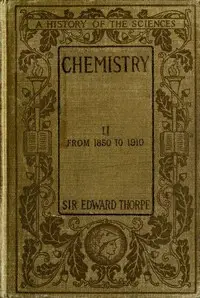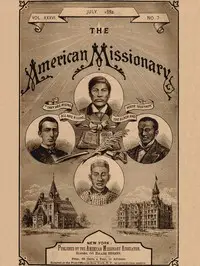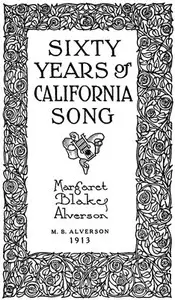"Sir Thomas More, or, Colloquies on the Progress and Prospects of Society" by Robert Southey is a philosophical dialogue written during the early 19th century. The text explores various societal issues through a series of conversations between the narrator, Montesinos, and the ghost of Sir Thomas More, a historical figure known for his moral integrity and reflection on political and social matters. The book delves into the dilemmas faced by society, particularly the contrasts between the ideals of improvement and the harsh realities of political and moral decay. At the start of the book, the narrator reflects on the national sorrow caused by the death of Princess Charlotte, leading to an introspective evening in his library. He is unexpectedly visited by a ghostly figure, who introduces himself as Sir Thomas More. Their conversation begins with discussions about superstition, belief in apparitions, and the nature of societal advancement. More elucidates his concerns regarding the prevailing moral state of humanity, highlighting the tendency of revolutionary ideas to lead to chaos and the importance of steady, thoughtful progress rather than rash changes. The dialogue offers an insightful critique of the present against the backdrop of a historical lens, setting the stage for deeper explorations of societal themes throughout the work. (This is an automatically generated summary.)

Sir Thomas More, or, Colloquies on the Progress and Prospects of Society
By Robert Southey
"Sir Thomas More, or, Colloquies on the Progress and Prospects of Society" by Robert Southey is a philosophical dialogue written during the early 19th...
Genres
Released
2003-07-01
Formats
epub3 (images)
epub
mobi
epub (images)
mobi (images)
Free Download
Overview
About the Author
Robert Southey was an English poet of the Romantic school, and Poet Laureate from 1813 until his death. Like the other Lake Poets, William Wordsworth and Samuel Taylor Coleridge, Southey began as a radical but became steadily more conservative as he gained respect for Britain and its institutions. Other romantics such as Byron accused him of siding with the establishment for money and status. He is remembered especially for the poem "After Blenheim" and the original version of "Goldilocks and the Three Bears".
Total Reviews
10.0k
Total reviews from Goodreads may change


















